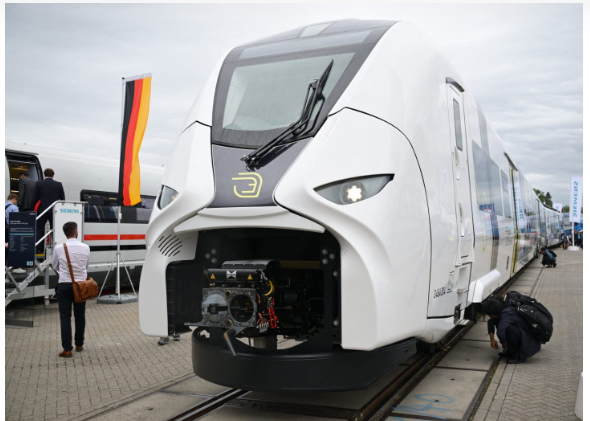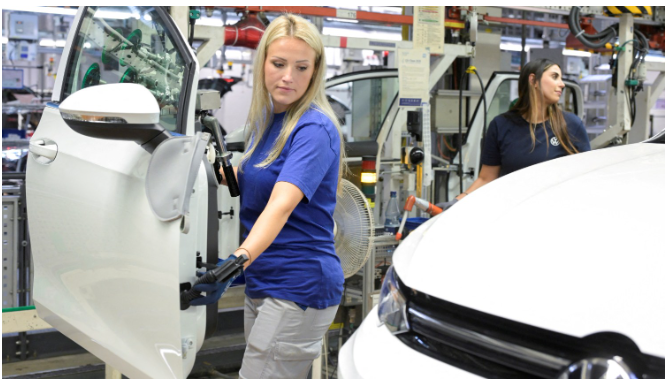 The German economy remains mired in stagnation, with little sign of an imminent recovery. According to ING’s latest analysis, Germany’s Ifo Business Climate Index, a key economic indicator, has declined for the fifth consecutive month, dropping to 85.4 in September 2024. This reflects a broader trend of economic slowdown across sectors such as manufacturing, services, and construction. Germany’s economy, once the powerhouse of Europe, is now seen as the growth laggard of the eurozone.
The German economy remains mired in stagnation, with little sign of an imminent recovery. According to ING’s latest analysis, Germany’s Ifo Business Climate Index, a key economic indicator, has declined for the fifth consecutive month, dropping to 85.4 in September 2024. This reflects a broader trend of economic slowdown across sectors such as manufacturing, services, and construction. Germany’s economy, once the powerhouse of Europe, is now seen as the growth laggard of the eurozone.
Key factors behind this stagnation include the long-term impact of the energy crisis following the cutoff of Russian oil and gas, as well as falling demand from major trading partners like China. The automotive industry, which is crucial to Germany’s economy, has been hit particularly hard. Major players like Volkswagen and BMW are grappling with lower-than-expected consumer interest in electric vehicles, as well as broader economic challenges, such as rising input costs and labor restructuring. Volkswagen has even announced plans to cut costs by €10 billion, which could include closing a German factory for the first time in its history.

This period of economic difficulty has led to widespread pessimism among businesses and consumers alike. The threat of a cooling U.S. economy, geopolitical tensions, and domestic policy uncertainty further cloud the outlook for recovery. While there is hope that consumer spending could rise due to wage increases, and industrial production might improve due to high inventory levels, these factors alone are unlikely to pull the economy out of stagnation in the near future.
Germany’s struggle underscores larger structural issues, and experts warn that it could remain stuck in a twilight zone between recession and stagnation for the foreseeable future.
Ennywealth


